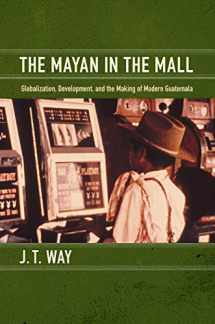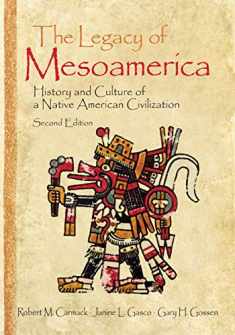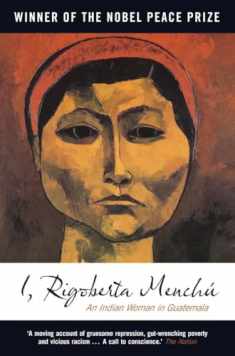
The Mayan in the Mall: Globalization, Development, and the Making of Modern Guatemala
Book details
Summary
Description
In The Mayan in the Mall, J. T. Way traces the creation of modern Guatemala from the 1920s to the present through a series of national and international development projects. Way shows that, far from being chronically underdeveloped, this nation of stark contrasts—where shopping malls and multinational corporate headquarters coexist with some of the Western Hemisphere's poorest and most violent slums—is the embodiment of globalized capitalism.
Using a wide array of historical and contemporary sources, Way explores the multiple intersections of development and individual life, focusing on the construction of social space through successive waves of land reform, urban planning, and economic policy. His explorations move from Guatemala City's poorest neighborhoods and informal economies (run predominantly by women) to a countryside still recovering from civil war and anti-Mayan genocide, and they encompass such artifacts of development as the modernist Pan-American Highway and the postmodern Grand Tikal Futura, a Mayan-themed shopping mall ringed by gated communities and shantytowns. Capitalist development, Way concludes, has dramatically reshaped the country's physical and social landscapes—engendering poverty, ethnic regionalism, and genocidal violence—and positioned Guatemala as a harbinger of globalization's future.


We would LOVE it if you could help us and other readers by reviewing the book
Book review





